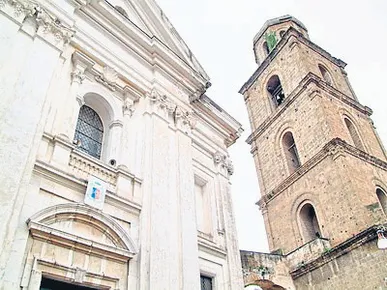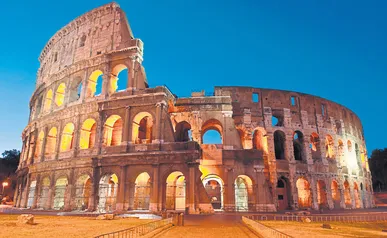
Italy: landmark consensus

Leonardo De Chirico
Nearly 100% of Italian evangelical churches and bodies (85% of Italian Protestants)
on July 19 signed a common statement
reinforcing evangelical commitment to the
gospel of Jesus Christ, as well as providing
biblical standards to assess the mounting
ecumenical pressure
coming
from
the
Roman Catholic Church.
Following a round table on ‘An evangelical
perspective on Roman Catholicism’, promoted by the Italian Evangelical Alliance
and held
in Aversa
on
July
19,
the
Federation of Pentecostal Churches,
the
Assemblies of God in Italy, the Apostolic
Church and the Pentecostal Congregations, concerned by recent ecumenical initiatives
between national and international evangelical and Pentecostal circles and the Roman
Catholic Church and the Pope, believe that
a church which operates as mediator of salvation and presents other figures as mediators of grace is incompatible with the teaching of Scripture, since God’s grace comes to
us by
faith alone
in
Jesus Christ alone
(Ephesians 2.8) and without the agency of
other mediators (1 Timothy 2.5).

Italy: unfair system

Leonardo De Chirico
Since 2011 onwards in Lombardia, some 16
places of worship of various Evangelical
groups have been closed.
Most of
these buildings were used by
migrant churches which ordinarily find it
more difficult to find legal protection and
are often hesitant to be outspoken about
their problems. In 2005 a regional law was passed that allowed the local police to check
whether or not these buildings were registered as places of worship. Its motivation was
to control the presence of Muslim places for
prayer but it was also a form of hostility
towards foreigners.

Italy: prayer for Egypt

Leonardo De Chirico
After the recent outbreak of violence against
the Christians
in Egypt
in August,
the
Italian Evangelical Alliance organised a
prayer
rally
in
front of
the Egyptian
Embassy in Rome.
On August 24, dozens of people representing several evangelical churches
in Rome
gathered to pray for peace in the country and
for protection for the Christian minority. Recent
reports
from Egypt were
read,
together with biblical passages assuring that
God is in control and cares for his people. A
letter to the Ambassador was signed by the
participants expressing concern for the dangerous situation in which the Christians find
themselves and the hope that action will be
taken to secure protection and religious freedom for all.
Rome & Mary: Fresh clarity, or further confusion?
"Roma locuta, causa finita est!" ("Rome has spoken, the issue is over").
This phrase taken from Augustine (Sermo 131.10) has often been used to highlight the solidity of the Roman Catholic authority structure and the finality of its decision-making process. Well, forget it.
After the Note of the Vatican Dicastery for the Doctrine of the Faith “Mater Populis Fidelis” (4 Nov), Rome has spoken (yes), but in doing so, is seemingly contradicting what was authoritatively said earlier, thus leaving the issue an open-ended one.